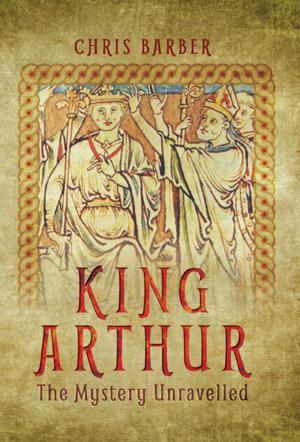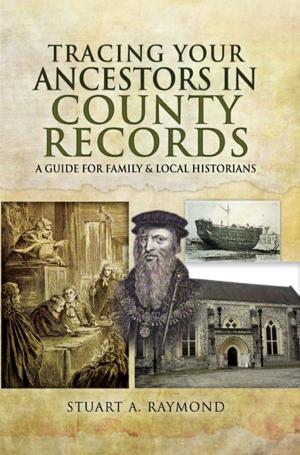William Boyd Dawkins and the Victorian Science of Cave Hunting
Three Men in a Cavern
Nonfiction, Social & Cultural Studies, Social Science, Archaeology, Biography & Memoir, History| Author: | Mark John White | ISBN: | 9781473886148 |
| Publisher: | Pen and Sword | Publication: | November 30, 2016 |
| Imprint: | Pen and Sword Archaeology | Language: | English |
| Author: | Mark John White |
| ISBN: | 9781473886148 |
| Publisher: | Pen and Sword |
| Publication: | November 30, 2016 |
| Imprint: | Pen and Sword Archaeology |
| Language: | English |
William Boyd Dawkins was a controversial Victorian geologist, palaeontologist and archaeologist who has divided opinion as either a hero or villain. For some, he was a pioneer of Darwinian science as a member of the Lubbock-Evans network, while for others he was little more than a reckless vandal who destroyed irreplaceable evidence and left precious little for future generations to assess. In this volume, Professor Mark White provides an unbiased archaeological and geological account of Boyd Dawkins’ career and legacy by drawing on almost twenty years of research as well as his archive of published and unpublished work which places him at the centre of Victorian Darwinian science and society. White examines his work in both the field and study to provide a critical yet balanced account of his achievements and standing in relation to the field today as well as among his peers. At the heart of this book is a detailed study of the circumstances surrounding the Victorian excavations at Creswell Crags, where two celebrated finds became a cause celebre
William Boyd Dawkins was a controversial Victorian geologist, palaeontologist and archaeologist who has divided opinion as either a hero or villain. For some, he was a pioneer of Darwinian science as a member of the Lubbock-Evans network, while for others he was little more than a reckless vandal who destroyed irreplaceable evidence and left precious little for future generations to assess. In this volume, Professor Mark White provides an unbiased archaeological and geological account of Boyd Dawkins’ career and legacy by drawing on almost twenty years of research as well as his archive of published and unpublished work which places him at the centre of Victorian Darwinian science and society. White examines his work in both the field and study to provide a critical yet balanced account of his achievements and standing in relation to the field today as well as among his peers. At the heart of this book is a detailed study of the circumstances surrounding the Victorian excavations at Creswell Crags, where two celebrated finds became a cause celebre















